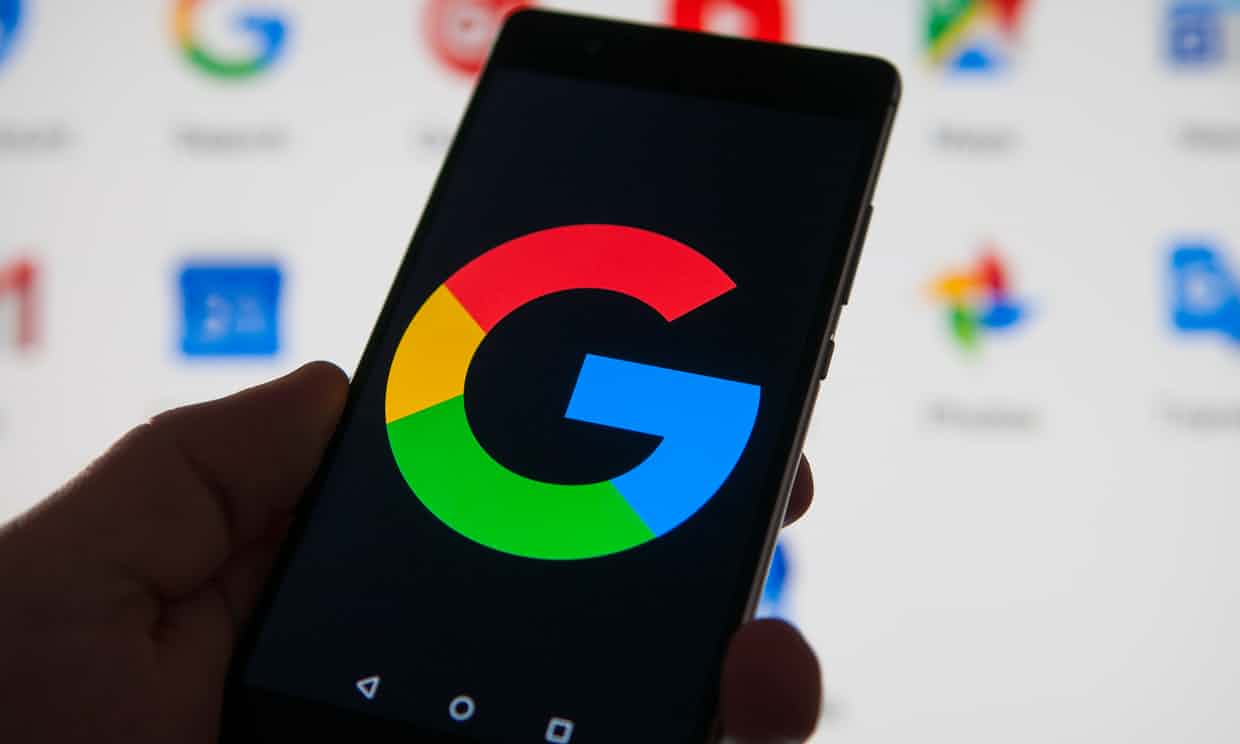EU Hits Google with Massive Fine
July 19, 2018 | Expert Insights

The European Commission has hit Google with a multibillion fine on Wednesday over allegations that it pushed its apps on smartphone users and thwarted competitors. The penalty comes amid wider scrutiny over the power that tech giants wield over our lives.
Background
Google LLC is an American multinational technology company that was founded in 1998 by Larry Page and Sergey Brin while they were Ph.D. students at Stanford University, California. It specializes in Internet-related services and products. These include online advertising technologies, search, cloud computing, software, and hardware. In August 2015, Google announced plans to reorganize its various interests as a conglomerate called Alphabet Inc.
The European Union (EU) is a major world trading power which operates as a single market with 28 countries. EU economic policy seeks to sustain growth by investing in transport, energy and research, while promoting sustainable development. In terms of the total value of all goods and services produced, it is larger than American economy with a GDP of €15.3 trillion in 2017.
The European Commission (EC) is the executive arm of the EU which is responsible for drawing up proposals for new European legislation, and implementing the decisions of the European Parliament and the Council of the EU. Established in 1958, it manages and allocates EU policies and funding. It ensures that the EU laws are applied properly in all member nations. It also represents the Union internationally and negotiates agreements on its behalf.
Analysis
The European Commission has fined Google 4.3 billion euros in a ruling that stated the company had abused its power over its Android mobile operating system. Regulators have stated that the company had sought to prevent manufacturers like Samsung, Huawei and LG from using alternatives to its Android operating system, leaving them disadvantaged. Google’s agreements stipulated that certain Google apps and search tools, as well as the Google Play Store must be pre-installed on Android devices, which allows Google to preserve and strengthen its dominance in search. Mobile operating networks and device manufacturers were also paid anti-competitive financial incentives if they pre-installed Google search and no other rival services.
The ruling has ordered Google to end its anti-competitive practices within 90 days or face a further penalty. It will be the largest penalty imposed by the regulator against a single firm accused of distorting the market. The company has stated that they may appeal the verdict. Google’s operating system is used in more than 80 per cent of the world's smartphones and is vital to the group's future revenues as more users rely on mobile gadgets for search services.
Google had been under investigation since 2015, following a complaint by Fairsearch - a trade group that originally included Microsoft, Nokia and Oracle among its members. Former Microsoft CEO Steve Ballmer had called the company a monopoly at the time, which needed to be controlled by authorities.
This is the second fine that the Commission has levelled at the tech giant in over a year, with $2.7 billion imposed for prioritizing its own shopping results in search in June 2017. This brings the total sum accrued in fines by the company to $7.2 billion over the course of just 13 months within the EU.
The European Union's Competition Commissioner Margrethe Vestager said, "What Google has done is illegal under EU antitrust rules. It has denied other companies the chance to compete on their merits and to innovate, and most importantly it has denied European consumers the benefits of competition, genuine choice and innovation."
Other firms such as Apple, Amazon and Facebook have also been penalized by European regulators. However, regulatory actions are not always effective. “The reality is that as long as they’re delivering great utility to their consumers, consumers will still use those platforms. If they do, advertisers will be drawn to those platforms, too,” Polar Capital fund manager Ben Rogoff said.
Counterpoint
Google has argued that by providing Android software free of charge to device makers it has enabled the proliferation of cheap phones. This has led to an increase in access to online services. The Commission’s approach would mean less innovation and higher prices for consumers. Similarly, it stated that users were free to download rival services such as Apple Inc. and its iOS operating system if they wanted to.
Assessment
Our assessment is that the impact of the Commission’s decisions would not just be monetary in nature. We feel that Google’s ad revenue might be affected significantly. We believe that Google might face several years of oversight from the Commission to ensure compliance with market rules. We feel that it might be forced to amend its operations that could have implications in the market.








Comments